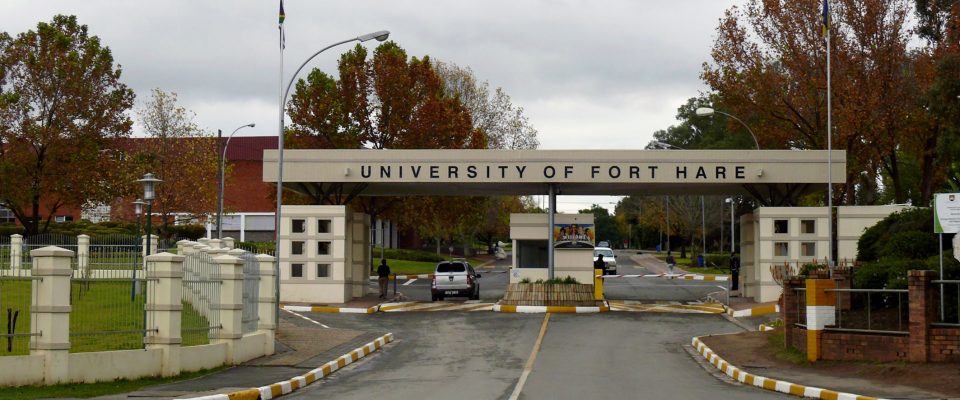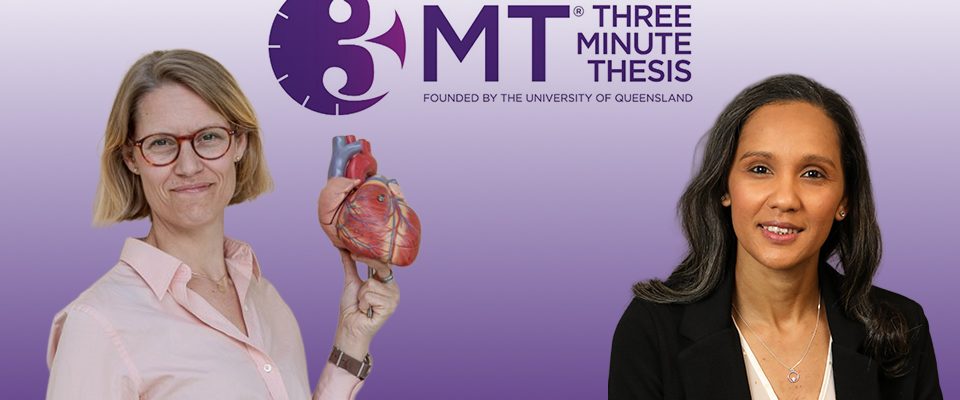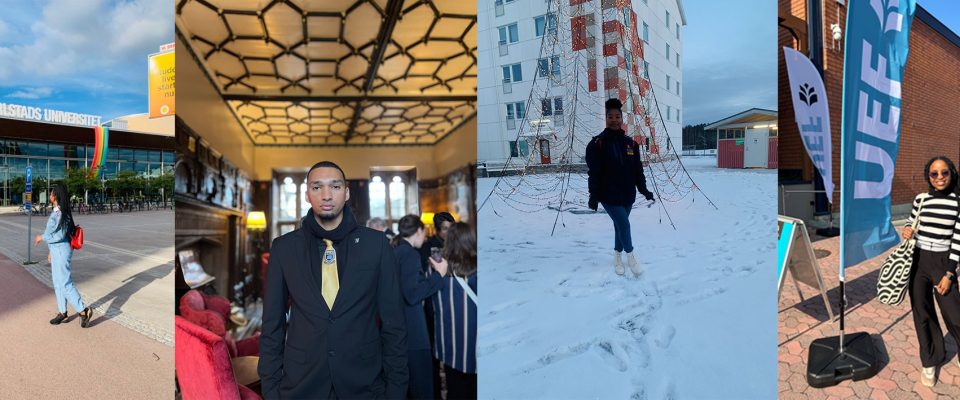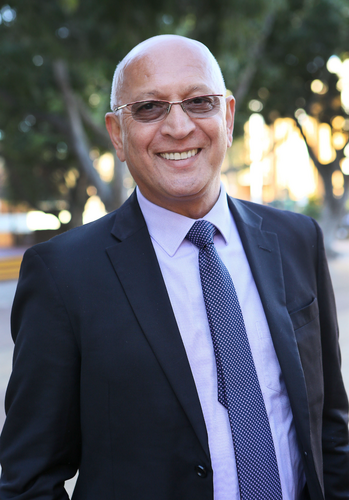
The Director of UWC’s International Relations Office (IRO), Umesh Bawa
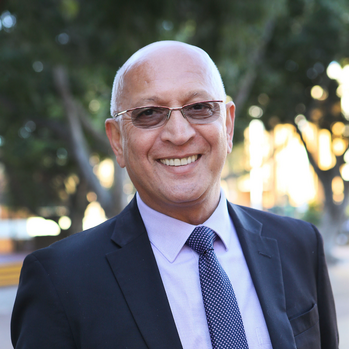
From the Streets of Fordsburg to a Doctorate
From humble beginnings in Fordsburg to academia, the Director of UWC’s International Relations Office (IRO), Umesh Bawa’s journey exemplifies resilience, dedication, and the pursuit of excellence. On Thursday, 12 December 2024, the institution proudly celebrated Bawa, who graduated with a Doctor of Philosophy in Psychology.
Author: Tauriq Salie – Institutional Advancement
Bawa’s academic odyssey began as a 16-year-old high school student, commuting an hour by train from Fordsburg to Lenasia High School through Soweto during the tumultuous Soweto Uprising in the apartheid era.These formative experiences shaped his understanding of resilience, the struggle for humanity and dignity and the importance of education and social justice.
His pursuit of psychology, unavailable at nearby institutions, led him to the University of Durban-Westville. He did his honours part time through UNISA while he was a school teacher at Kliptown High and once he was done teaching, he completed his honours and then successfully completed his master’s in clinical psychology at the University of Witwatersrand (WITS). He then continued his training in Johannesburg after which he moved to Cape Town.
Before joining UWC’s Psychology Department in 1989, Bawa taught English as a second language at a high school in Kliptown, Johannesburg, and worked as a psychologist at an NGO, providing vital counselling services to families and children. In 2017, he took the reigns at the International Relations Office (IRO).

Bawa’s belief in UWC’s mission is unwavering. “UWC is an institution that has the DNA of social justice and giving back to communities,” he reflects. His role at the IRO involves fostering relationships and creating opportunities for students and staff, ensuring UWC’s and Africa’s voice resonate in global knowledge production. This balance between academia and community focus mirrors his own values.
His doctoral research reflects this commitment. Bawa’s thesis, African Youth Constructions of Safety: A Multi-Country Photovoice Study, explores the perceptions of safety among children aged 10 to 14 across Africa. “The focus is on what makes them feel safe and how society, especially adults, can support their sense of security,” he explains. His research reveals that young people, when part of collective groups, can powerfully articulate their needs and aspirations. “We need to listen carefully to young people who have agency. Supporting them can empower them to make meaningful changes in their lives and their communities,” he asserted.
Bawa’s message to prospective UWC students is compelling: “We are the best in two ways. UWC is deeply embedded in research and teaching for communities, focusing on marginalised and vulnerable groups. Graduates leave equipped to work locally and internationally, understanding the world through the eyes of those who are not privileged. Secondly, our institution prioritises people over profit, fostering a commitment to giving back to society.”
And his advice to aspiring psychologists is simple, yet profound: “If you’re curious about people, what they think, and what makes their lives meaningful, psychology is a field you can pursue with focus and passion.”
As Umesh Bawa receives his doctorate, his journey from Fordsburg to academic excellence serves as a beacon of hope and inspiration, embodying UWC’s enduring legacy of transforming lives and communities.



